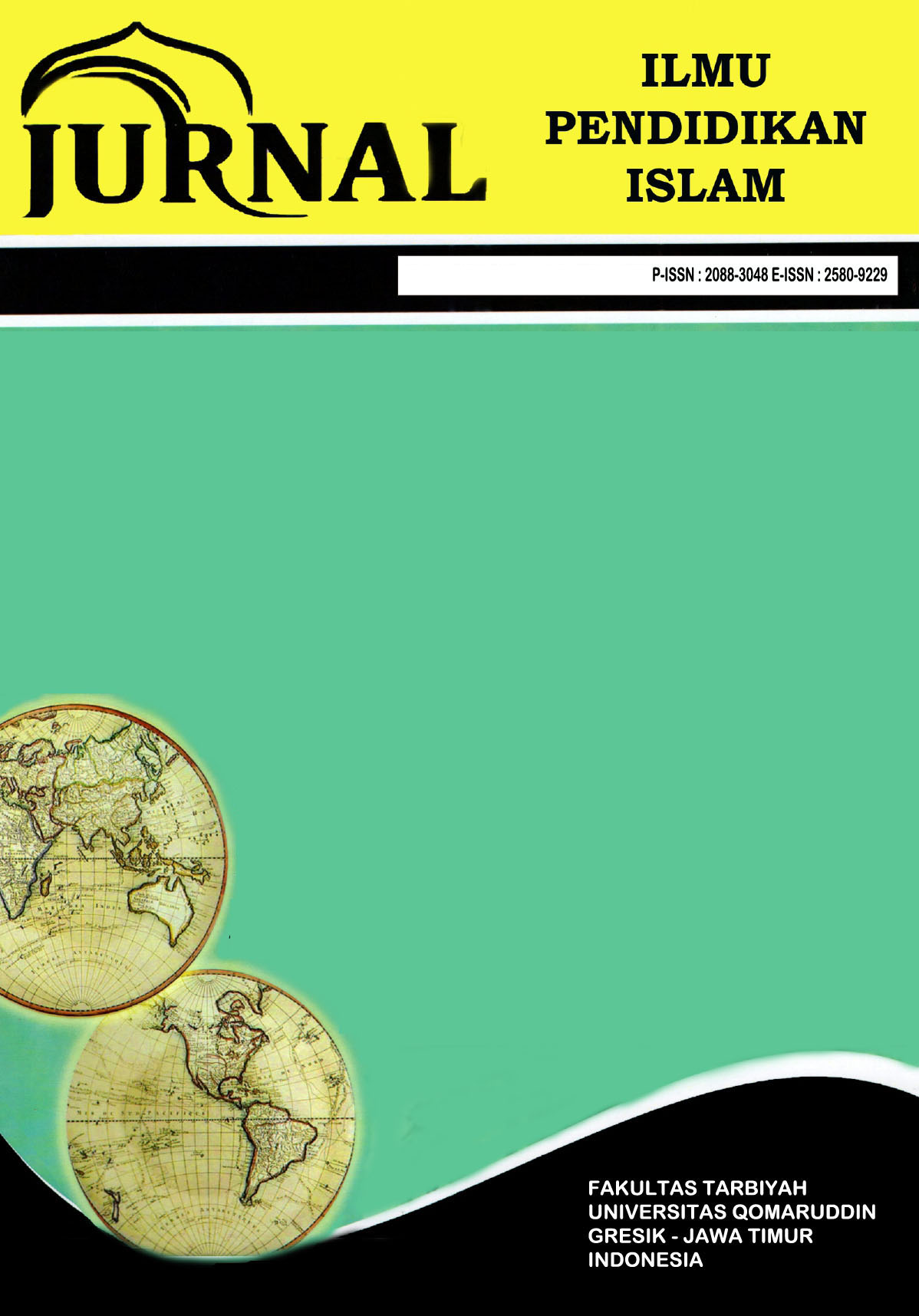Pengaruh Lingkungan Madrasah, Waktu Belajar, Dan Lingkungan Keluarga Terhadap Hasil Belajar Siswa MA As-Sa’adah lampah Kedamean Gresik
Abstract
This study aims to determine the influence of the madrasah environment, learning time, and family environment on the learning outcomes of MA As-Sa'adah Lampah Kedamean Gresik students. This study uses a quantitative approach with survey methods and statistical analysis. The population in this study is 155 students of MA As-Sa'adah Lampah Kedamean Gresik, and the sample taken is 40 students. The results of the study show that the madrasah environment has a significant effect on student learning outcomes. Physical facilities, learning environment, social interaction, and educator support in the madrasah play an important role in determining student academic achievement. Study time also has a significant effect on student learning outcomes. Optimal study time helps students understand the material, master skills, and apply the knowledge gained. In addition, the family environment also has a significant effect on student learning outcomes. The interactions, values, and support provided by families form the foundation for students' attitudes, motivation, and learning readiness. Simultaneously, the madrasah environment, learning time, and family environment contributed significantly to the variation in learning outcomes of MA As-Sa'adah Lampah Kedamean Gresik students. This research has implications for madrasas, teachers, and parents to improve the quality of the learning environment, learning time management, and family involvement in supporting students' academic success.
References
Amin, N. F., Garancang, S., & Abunawas, K. (2023). Konsep Umum Populasi dan Sampel dalam Penelitian. Jurnal PILAR, 14(1), 15-31.
Amir, Z. (2015). Psikologi Pembelajaran Matematika.
Arikunto, Suharsimi. (2012). Prosedur Penelitian: Suatu Pendekatan Praktik. Jakarta: Rineka Cipta.
Aurum, A. (2021). Pengaruh Lingkungan Keluarga dan Fasilitas Belajar bagi Prestasi Belajar Kimia melalui Pembelajaran Daring. Jurnal Pendidikan Indonesia, 2(11), 1835–1843.
Awi, M. V., Mewengkang, N., & Golung, A. (2016). Peranan Komunikasi Antar Pribadi dalam Menciptakan Harmonisasi Keluarga di Desa Kimaam Kabupaten Merauke. Acta Diurna Komunikasi, 5(2).
Darmanto, D., Putra, A. R., & Mardikaningsih, R. (2014). Evaluasi Hasil Belajar. Pustaka Belajar, Yogyakarta.
Darmawan, D., & Mardikaningsih, R. (2022). Hubungan Kecerdasan Emosional dan Hasil Belajar dengan Kualitas Komunikasi Mahasiswa Fakultas Ekonomi. ARBITRASE: Journal of Economics and Accounting, 3(1), 45-49.
Darmawan, D., Issalillah, F., Retnowati, E., & Mataputun, D. R. (2021). Peranan Lingkungan Madrasah dan Kemampuan Berkomunikasi Guru terhadap Motivasi Belajar Siswa. Jurnal Simki Pedagogia, 4(1), 11-23.
Djazilan, M. S., & Darmawan, D. (2021). The Influence of Parenting Style and School Culture on the Character of Student Discipline. Studi Ilmu Sosial Indonesia, 1(2), 53-64.
Febriani, E. S., Arobiah, D., Apriyani, A., Ramdhani, E., & Millah, A. S. (2023). Analisis Data dalam Penelitian Tindakan Kelas. Jurnal Kreativitas Mahasiswa, 1(2), 140-153
Copyright (c) 2024 Sunoto Sunoto, Didit Darmawan

This work is licensed under a Creative Commons Attribution 4.0 International License.





